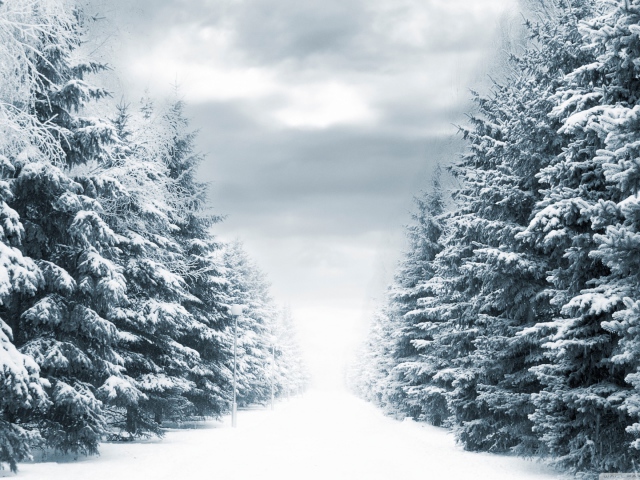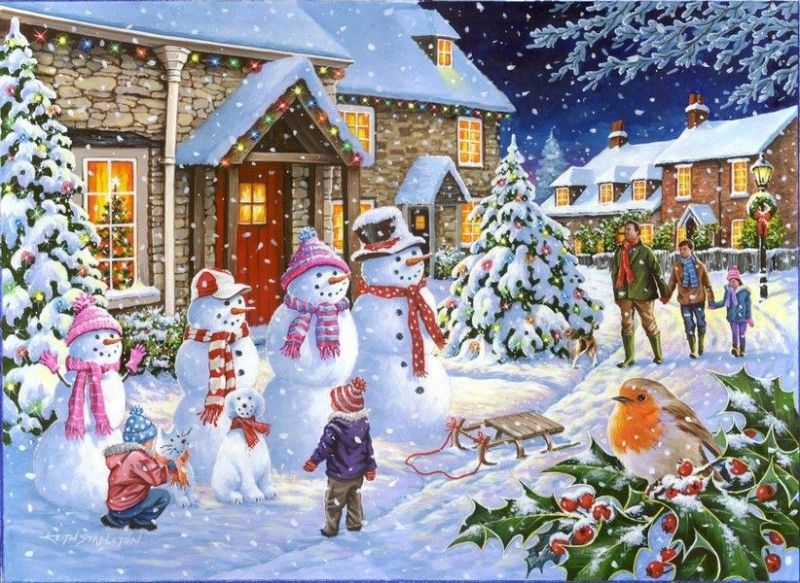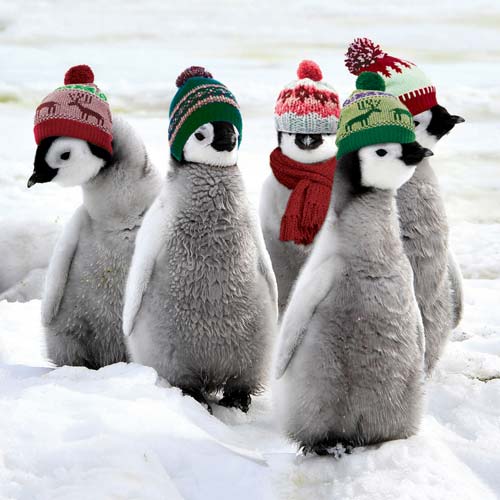
You are cordially invited to celebrate Solace.
Since +2011 our family has been celebrating ‘Solace’ annually during the last two weeks of the year. Usually there is a main celebration on or around the 25th December, depending on the availability of friends and family. Your thoughts are correct – it takes the place of Christmas. Actually, it’s very similar to a traditional ‘Western’ Christmas – the Nordic decorations, the presents under the (Solace) tree, the feasting, the bon bons – except we call it Solace. We call it this for the simple reason that we are not religious – our celebration has nothing to do with religion and so we don’t use a religious name. Solace therefore is essentially our term for a secular Christmas.
The term ‘Solace’ can be used for official, government purposes (e.g. by government personnel) due to it’s (apolitical) descriptive function. Just as the word ‘weekend’ simply describes the period at the end of the week, the term ‘solace’ can describe the purpose of the non-work period at the end of each year: a time of comfort, allowing respite from, and recovery in order to reface, the rigors of yearly life. This avoids problems with the official (government) use of the term ‘Christmas', which would be an entanglement of church and State.
For those seeking to embrace ‘Solace’ in a personal (unofficial) capacity, rest assured that the term works well in contemporary society. Solace succeeds because it is largely interchangeable as a festive greeting or ‘well wish’. When someone wishes us a ‘merry Christmas,' we can return with a ‘Solace to you’ or ‘Season’s solace’ and be viewed with the same festive spirit (without having to explain ourselves). Whilst many will invent their own term for a secular Christmas, the term Solace was specifically adopted by our family because of its meaning:
Solace,n.
1. Comfort in sorrow, misfortune, or trouble; alleviation of distress or discomfort.
2. Something that gives comfort, consolation, or relief.
Dictionary.com
The “sorrow, misfortune, or trouble; alleviation of distress or discomfort” aptly describes everyday life. For all its marvel, the world in which we currently live is far from perfect. The best among us dedicate our lives to trying to keep order within the world and/or improve it -even if only in a small way – and this is an arduous and continual challenge. As such, Solace is a time for resting, consolidating, looking inward and taking comfort in the spirit of how good life can be. Solace is a time for reflection and appreciation of the life. It’s the contrast of the warm fireplace and the snow outside that makes looking out into the snow so comforting; it’s the contrast of having friends and family in close proximity when usually they are far away–and because in the future perhaps they will not be there at all–that is so special. And so, Solace is that warm fireplace surrounded by people youchooseto spend time with, at the end of a cold year of being surrounded by people youneedto spend time with.
One difference between our Solace and the ‘traditional’ Christmas is that the former is not necessarily a special time to be charitable. Logic dictates that our lives should be spent doing good; not just by token gestures at the end of the year, nor by occasionally giving to charity, but by continually working in some way, big or small, to improve ourselves, our communities, and the world. It’s hard to rationalize the way in which ‘traditional’ Christmases are viewed as a time of giving – people make their seasonal donations to make themselves feel better until next year; they give hampers to the homeless – when indeed those less fortunate need help all-year-round.
Solace, for us, is a time for children to be taught that it is healthy to want everything and anything – there should be no limitation of imagination. This must be tempered with the teaching that due to the state of the world, where not everything or everyone is good, relatively few children can receive some of what they desire (whilst many receive nothing at all). The lesson is, of course, that with every Solace that passes, if children (and people in general) continue to do good, more people will be able to receive more of what they want.
As children, we suspected that Santa Claus visited us every Christmas eve (the presents delivered, the cookies missing). For our children, it will be his daughter, Alanta Claus who will visit them on Solace eve (if they’ve been good).
Solace is an annual macro-weekend for the whole family – a ‘year-end’; it is Christmas without the Christ and the arbitrary seasonal charity. Santa has retired (or at least, has scaled-back his operations to the northern hemisphere) and his daughter has taken over the reins. You are invited to celebrate Solace.
Primus, Grace, Aurelia, Samantha

Solace Trivia
It’s a myth that penguins cannot fly – they’re apparently saving their energy for the delivery of presents at Solace.
Penguin wings (it is not correct to call them 'flippers') are perfectly suited to handling presents.
Legend has it that Alanta lives and works at the south pole with her penguin helpers.


